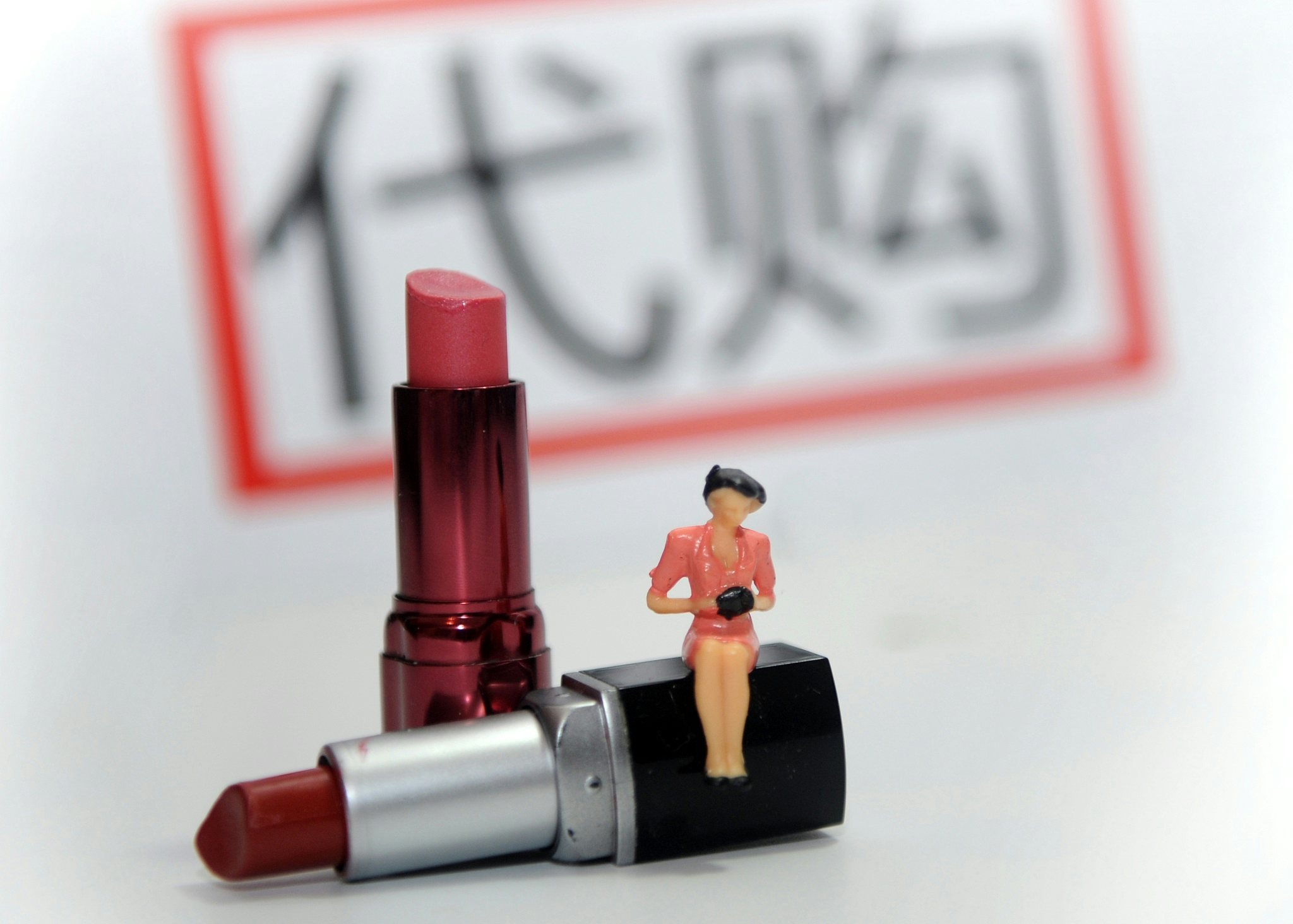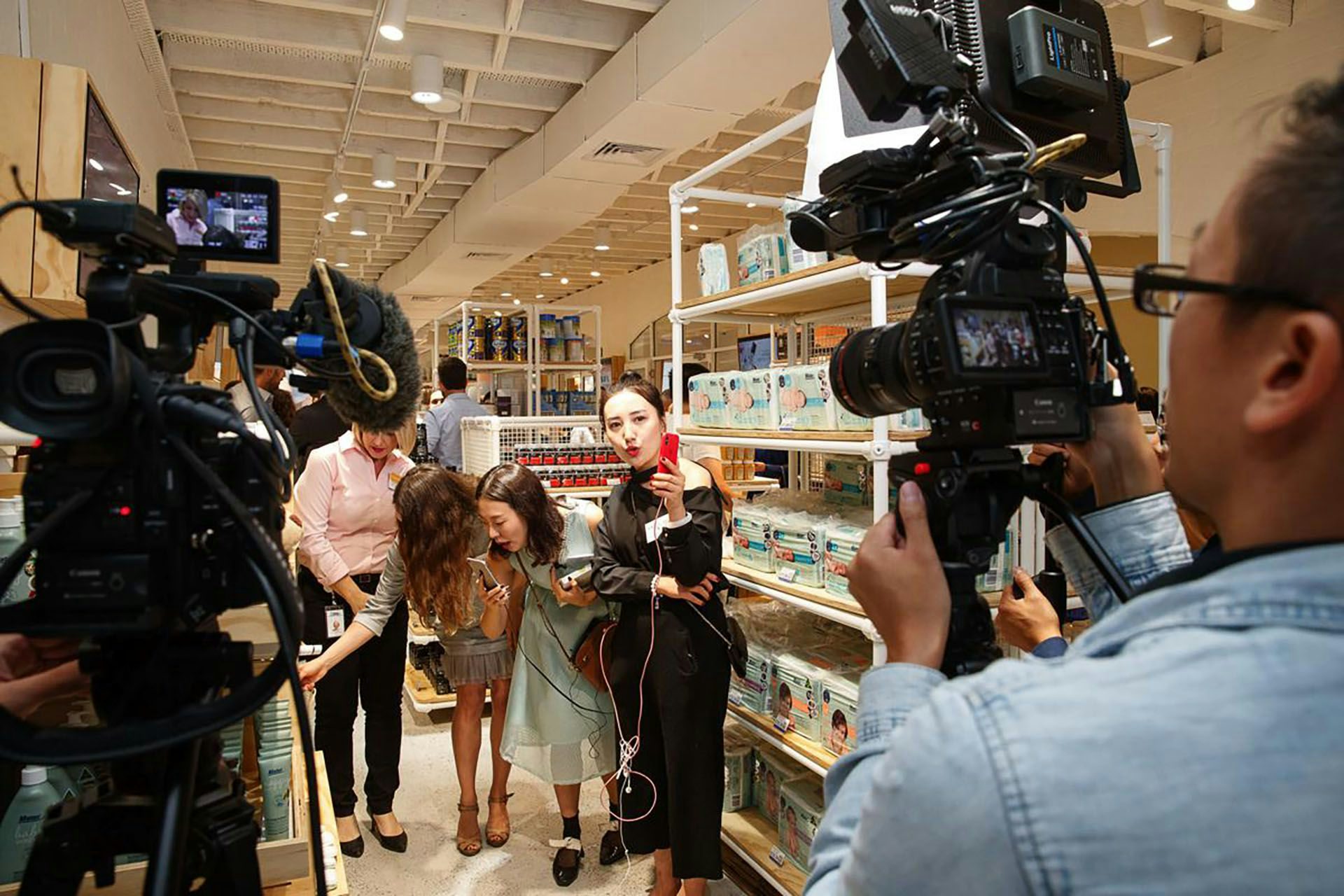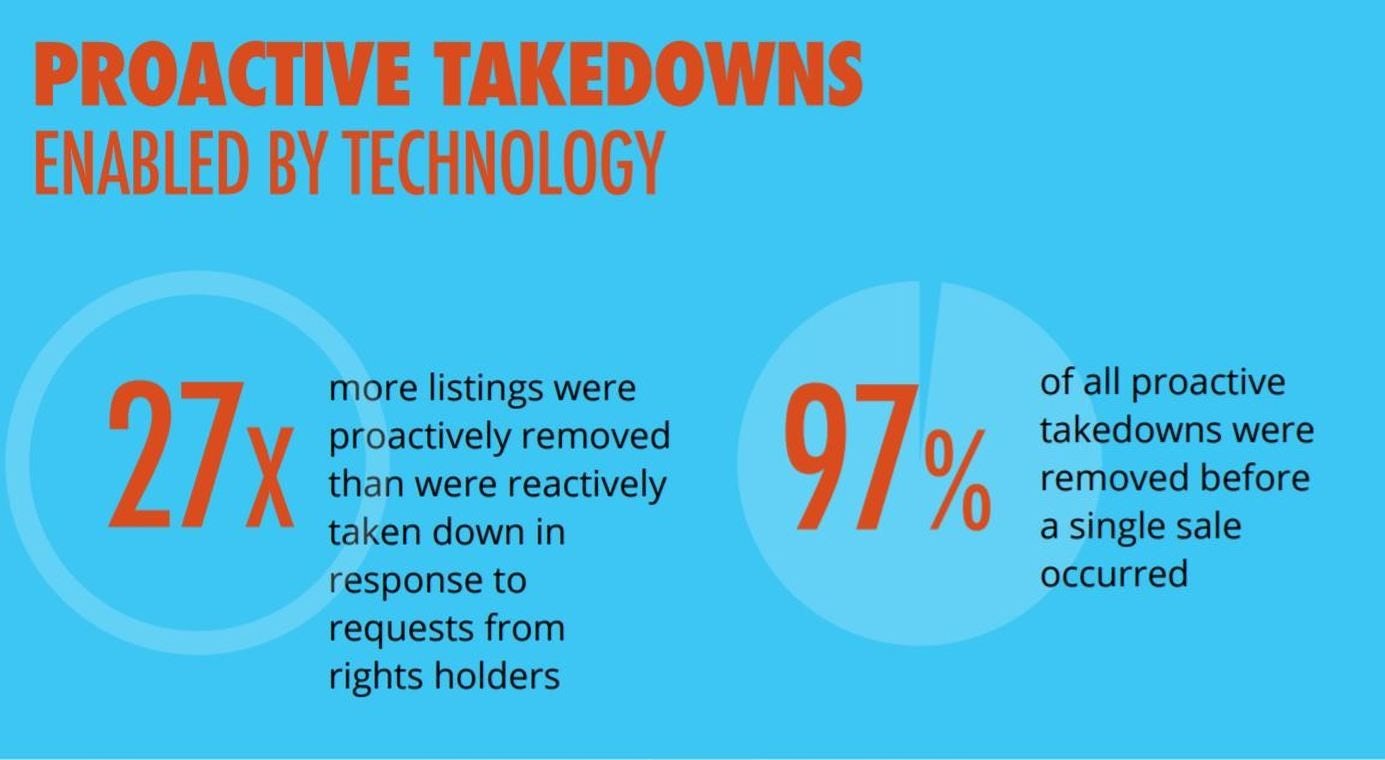Cashing in on the price difference between luxury goods sold in China and overseas, Daigou (代购) - aka. overseas purchasing agents - have long bought goods on behalf of consumers in China. But, as the Chinese government puts in place new measures to boost domestic spending, many luxury brands have lowered their prices in China, bringing them in line with global price points. Consequently, the role of a middleman like Daigou has been threatened, and a career as an overseas buyer has become increasingly unsustainable.
Now, the overseas purchasing business is evolving in a different, darker direction, coined "Daigou 2.0". Targeting consumers who are looking for luxury goods at a steal, counterfeiters from China are now providing fake goods under the guise of authentic Daigou vendors.
According to an investigative report by the Chinese state media People’s Daily on August 7, which was trending on China's social media platform Weibo, luxury goods counterfeiters employ a variety of techniques to disguise the true origin of their products, such as paying insiders for production batch codes to reprint onto packaging, giving consumers the illusion they will be able to verify the authenticity of the item
Another common trick, according to the People’s Daily report, is known as ‘gold plating (镀金)’, referring to a practice of shipping the counterfeits abroad first to obtain overseas shipping documents and entry certificates, in an attempt to prove the product has been bought overseas.
Earlier this year, Jiangsu policemen seized more than 80,000 pieces of counterfeit luxury makeup from WeChat vendors in the city of Suzhou, who had been creating products imitating brands like Dior, MAC and Fresh. The total worth of these products was more than 1.5 million USD (approx. 10 million RMB), according to the local police.
In Jiangsu’s case, the main suspect confessed to purchasing barrels of cheap fragrance from Guangdong province, bringing the manufacturing costs to only 15 cents (1 RMB) per 50 ml bottle of counterfeit perfume. These fake products are then labeled with luxury brands, and sold at upwards of 30USD (200RMB) per bottle, leaving room for a huge profit margin.
The presence of trusted Daigou agents in this process can add a layer of credibility to the counterfeiters. In turn, the high profitability offered from selling fake luxury goods has motivated many traditional Daigou agents to participate in this illegal business. In recent years, the livelihood of Daigou agents has been adversely affected, as the Chinese government implements measures such as lower import tariffs on luxury goods, encouraging international brands to lower their China prices.
An overseas Chinese student, Li, who admits to helping to sell fake luxury goods on WeChat, told Jing Daily, “the profitability now is attractive, and it’s hard to recognize the difference between counterfeit and real goods.”
She continued, “we don’t handle the manufacturing process of any product, but deliver them to clients. We then keep a certain percentage of the profits from every client we bring in.”
The intimate nature of WeChat as a one-on-one private messaging tool now serves as a shortcut for counterfeiters to strike deals.
“There is a huge loophole in the current law enforcement for the punishment of WeChat vendors” commented one Weibo user. “Wait, I think I might have bought a counterfeit product,” said another, demonstrating the widespread distrust shoppers now have for buying luxury goods via WeChat.
Both luxury cosmetic brands and WeChat itself are taking actions to prevent counterfeiting. Many high-end cosmetic brands like Estée Lauder, SK-II, La Mer, and Sulwhasoo now offer to recycle their customers’ empty skincare bottles for small rewards, leaving less room for Daigou to collect empty packaging. WeChat also claims to have punished more than 72,000 vendors selling counterfeit goods and shut down 875 counterfeit-related mini-programs.
Tencent did not immediately respond to a request for comment.


